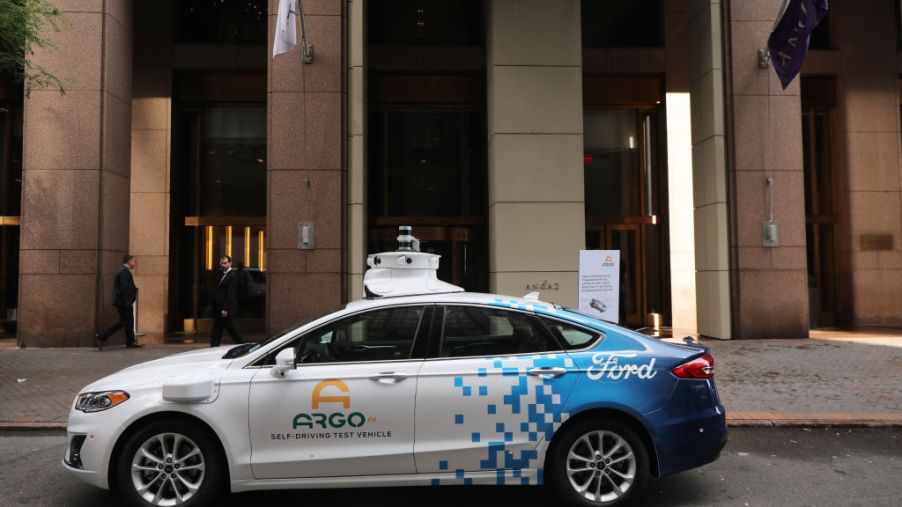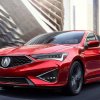
Inside the Crazy Collaboration Between Ford and Volkswagen
When it comes to the future of driving, every automaker seems to be investing in the same two things: electric vehicles and autonomous driving technologies. While the latter is still far from being fully developed, electric cars are a blossoming market. That’s why Volkswagen and Ford are teaming up to build cars of the future together, both in terms of electric and self-driving cars.
An electric collaboration
After its Dieselgate scandal, VW committed to creating electric cars. VW wasn’t all talk either. In 2020, the German automaker plans to debut its I.D. Crozz electric SUV in the U.S. One reason why the I.D. Crozz is remarkable: It was built on VW’s MEB platform.
The MEB platform is a modular platform for electric cars that will make it easier for automakers to create new electric vehicles. Several other automakers, mostly VW subsidiaries, are already using the MEB platform to create electric cars ranging from SUVs to sedans to hatchbacks.
With this partnership, Ford will become another company that’ll create electric cars using the MEB platform. The platform makes the design and production process cheaper and simpler. This should make it easier overall for Ford and VW to meet their electric-car production goals.
Ford plans to design and produce two brand-new electric cars using the MEB platform. In 2023, Ford plans to start selling those cars in Europe. The automaker hopes the first model will sell about 600,000 units after six years. It’s unknown whether these new cars will be available in America, but if they’re successful in Europe, then the possibility is there.
Autonomous technologies
The partnership between Ford and VW involves investing heavily in Argo AI, a company that develops autonomous driving technologies. Ford and VW will invest a combined $1.6 billion into the company. VW will also merge its own autonomous driving company into Argo AI.
Ford and VW in turn hope to use Argo AI’s self-driving technology on their vehicles in the near future. Presently, self-driving technology isn’t an accurate description since an actual human driver is still required to monitor and maintain the car. With these investments, Ford and VW hope Argo AI can create a truly autonomous driving experience.
Ford isn’t just hoping to have Argo AI drive cars. It also hopes Argo AI will drive autonomous taxis someday. This would put the automaker head-to-head with companies like Uber and Waymo, which are also developing autonomous taxis.
While VW is clearly invested in autonomous driving technology, the German automaker is being realistic about it. The I.D. Crozz will have a semi-autonomous driving prototype onboard, but VW clarifies that drivers shouldn’t expect a fully autonomous driving system until at least 2025.
The future of cars
If Argo AI proves to be as successful and dependable as electric cars, then VW and Ford’s partnership will help the two companies to stay competitive with other automakers. Many other companies are investing in electric cars and autonomous driving technologies, and Tesla is at the forefront of both.
While Tesla has the advantage of being the first, Ford and VW hope to leverage their experience in mass production to create a massive fleet of electric cars with semi-autonomous driving technologies. VW plans to sell about 150,000 electric cars in 2020. By 2025, it’s aiming for a million electric car sales. Ford’s plans are more modest but it still plans to offer a lot of electric options in the future.



